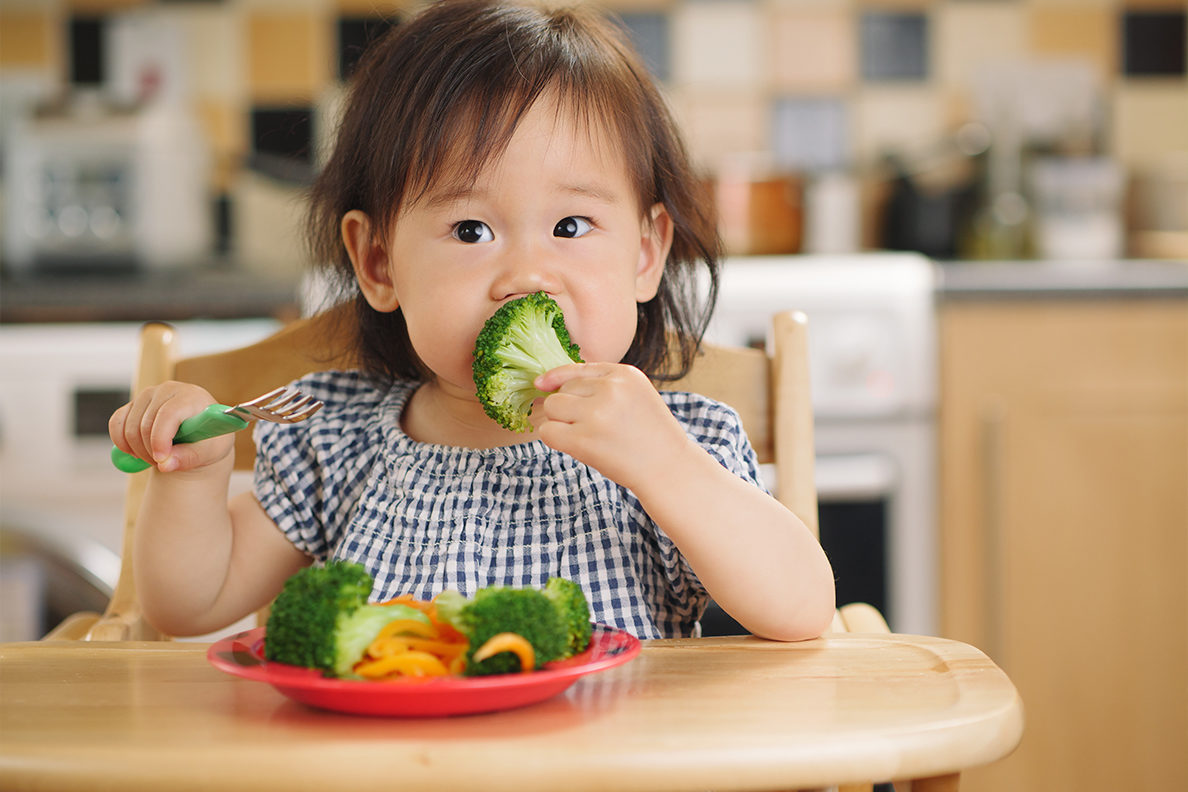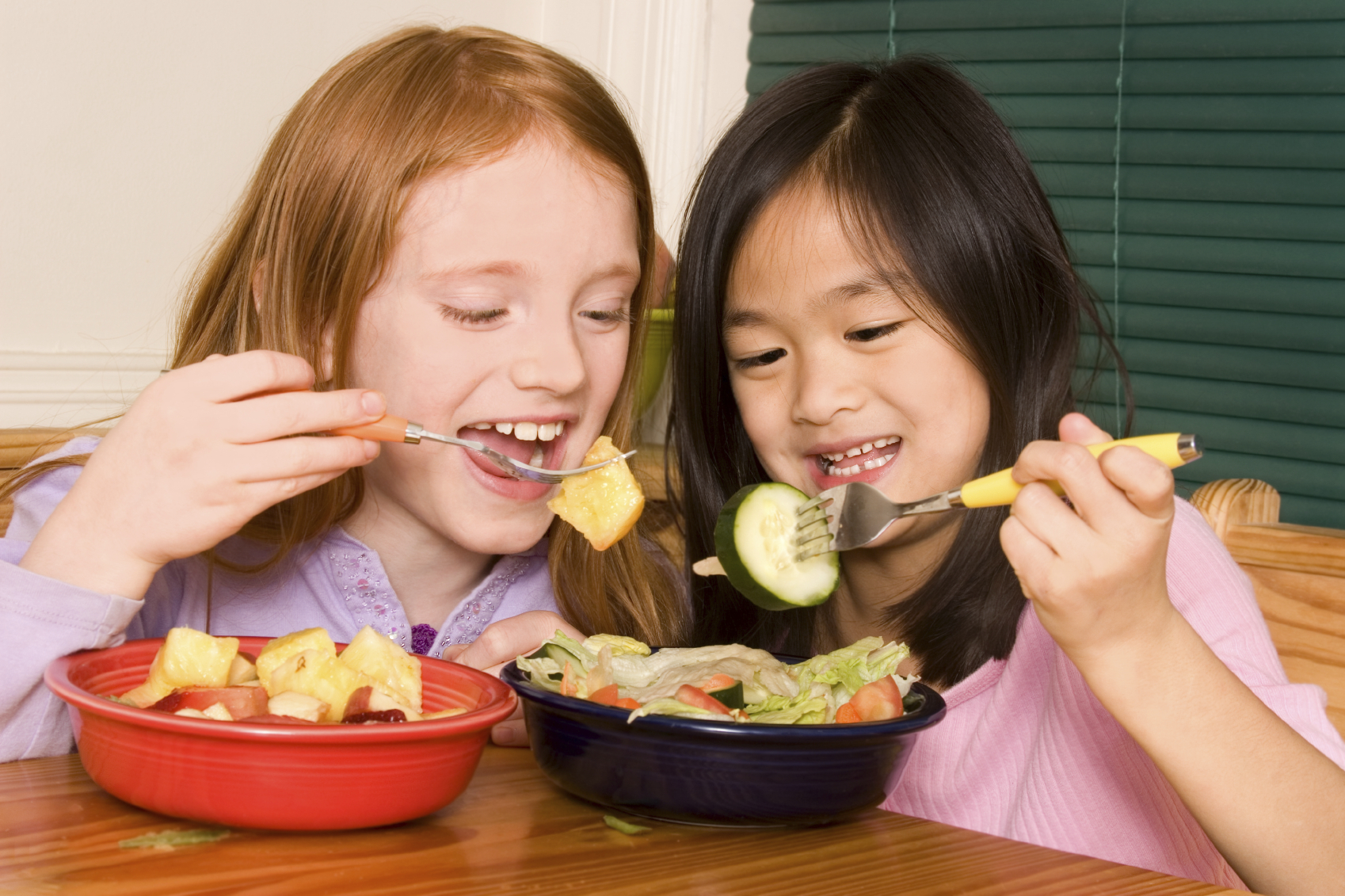Is your child's diet a cornerstone of their future health? Prioritizing proper nutrition for children is not merely about filling their plates, but building a foundation for their physical, mental, and emotional well-being.
In today's world, where convenience often trumps conscious choices, it's easy to lose sight of the profound impact food has on growing bodies and minds. The accessibility of processed treats and sugary drinks can make it a daily battle to establish healthy eating habits in children. However, understanding and nurturing children's dietary patterns can have a powerful, positive influence on their long-term health and happiness.
This guide is dedicated to providing comprehensive insights into how we can encourage better eating habits for our children, offering practical advice, expert perspectives, and actionable strategies for parents and caregivers. You will gain the knowledge to support your children's growth and help them become strong and healthy.
- %D9%85%D8%A7%D9%85%D9%8A %D9%84%D9%8A%D9%86%D9%83%D9%88%D9%84%D9%86 %D8%A5%D8%B4%D8%A7%D9%85
- Loredana Kosovo
- %E3%82%AB%E3%82%B5%E3%83%B3%E3%83%89%E3%83%A9 %E3%83%8F%E3%83%AA%E3%82%B9
- Good Nickname
- Misty Rainy
Table of Contents
- The Importance of Kid Eating
- Biography of Kid Nutrition Experts
- Nutritional Needs for Kids
- Common Kid Eating Problems
- Practical Tips for Healthy Kid Eating
- Kid Meal Planning Strategies
- Healthy Snack Options for Kids
- Parental Role in Kid Eating
- School Nutrition Programs
- Resources for Parents
The Importance of Kid Eating
Proper nutrition is fundamental to a child's overall development. What children eat significantly shapes their physical growth, cognitive abilities, and emotional stability. According to the World Health Organization (WHO), nutritional deficiencies in early childhood can lead to lasting health problems, including stunted growth, weakened immune systems, and cognitive impairments.
Moreover, instilling healthy eating habits during childhood is a crucial preventative measure against chronic diseases like obesity, diabetes, and heart disease in adulthood. Parents have a critical responsibility to ensure that children receive nutritious meals and snacks that support their well-being.
Studies consistently show that children who consume a well-balanced diet rich in fruits, vegetables, whole grains, and lean proteins perform better academically and experience higher energy levels. Promoting kid eating that centers around nutrient-dense foods can dramatically improve their quality of life.
- %CE%BA%CE%B1%CF%83%CF%83%CE%AC%CE%BD%CE%B4%CF%81%CE%B1 %CF%87%CE%AC%CF%81%CE%B9%CF%82
- Post Malone Morgan Wallen
- %E8%98%BF%E7%B5%B2 %E9%82%A6%E8%BF%AA
- Tudi Roche Home Improvement
- Is Chris Cuomo Still Married
Biography of Kid Nutrition Experts
Experts in child nutrition play a vital role in influencing dietary guidelines and promoting healthy eating practices. Here is a summary of prominent figures in this field.
Dr. Jane Smith
Dr. Jane Smith, a renowned pediatric nutritionist with over two decades of experience, has written numerous books on child nutrition and undertaken extensive research on kid eating habits.
Dr. Michael Brown
Specializing in childhood obesity prevention, Dr. Michael Brown has collaborated with various organizations to develop school nutrition programs, focusing on providing accessible and affordable healthy food options for children.
| Name | Specialization | Years of Experience |
|---|---|---|
| Dr. Jane Smith | Pediatric Nutrition | 20 |
| Dr. Michael Brown | Childhood Obesity Prevention | 15 |
For additional information on leading nutrition experts, see the Academy of Nutrition and Dietetics.
Nutritional Needs for Kids
Children need specific nutrients to support their growth and development. The following are essential nutritional components for kid eating:
- Proteins: Essential for muscle development and tissue repair.
- Carbohydrates: Provide energy for daily activities.
- Fats: Important for brain development and absorption of fat-soluble vitamins.
- Vitamins and Minerals: Support immune function and overall health.
According to the Centers for Disease Control and Prevention (CDC), children aged 2-18 should consume a balanced diet that includes a variety of food groups. Ensuring that children receive adequate nutrients from each food group is crucial for their well-being.
Common Kid Eating Problems
Picky Eating
Picky eating is a frequent challenge for many parents. Children may refuse to try new foods or express strong preferences for certain textures and flavors. Strategies such as introducing new foods gradually and involving kids in meal preparation can help overcome this issue.
Overeating
Overeating, especially of unhealthy snacks, can lead to weight gain and other health problems. Teaching kids about portion control and mindful eating can prevent excessive calorie intake.
Practical Tips for Healthy Kid Eating
Here are some actionable tips for promoting healthy eating habits in children:
- Offer a variety of colorful fruits and vegetables.
- Limit sugary drinks and opt for water or milk.
- Encourage family meals to foster a positive eating environment.
- Be a role model by practicing healthy eating habits yourself.
Research from the American Academy of Pediatrics suggests that involving children in grocery shopping and cooking can increase their interest in trying new foods.
Kid Meal Planning Strategies
Meal planning is an effective way to ensure kids receive balanced nutrition. Below are some strategies to simplify the process:
- Create a weekly meal plan with input from your children.
- Batch cook meals on weekends to save time during the week.
- Use a meal prep kit to streamline ingredient preparation.
Studies show that families who plan meals ahead are more likely to consume nutritious foods and avoid last-minute fast food options.
Healthy Snack Options for Kids
Snacks are an important part of kid eating and should be nutritious and satisfying. Some healthy snack ideas include:
- Apple slices with peanut butter.
- Carrot sticks with hummus.
- Plain yogurt with fresh berries.
Parents should avoid offering processed snacks high in sugar and fat, as they can negatively impact children's health.
Parental Role in Kid Eating
Parents play a crucial role in shaping their children's eating habits. By providing a supportive environment and modeling healthy behaviors, they can encourage positive attitudes toward food. Open communication about the importance of nutrition can also help children make informed choices.
A study published in the Journal of Nutrition Education and Behavior highlights the significance of parental involvement in promoting healthy eating habits in children.
School Nutrition Programs
Schools play a vital role in supporting healthy kid eating by offering nutritious meal options. Many schools participate in national programs such as the National School Lunch Program (NSLP) and the School Breakfast Program (SBP) to ensure students have access to balanced meals.
Parents can advocate for healthier school food options by collaborating with school administrators and participating in wellness committees.
Resources for Parents
There are numerous resources available to help parents promote healthy eating habits in children:
- Centers for Disease Control and Prevention
- World Health Organization
- American Academy of Pediatrics
- %D1%81%D0%BA%D1%80%D0%B8%D0%BF
- Nicole Nikki Catsouras
- Checkers Daytona Beach
- Rose Bundy
- B Tan Love At First Tan


